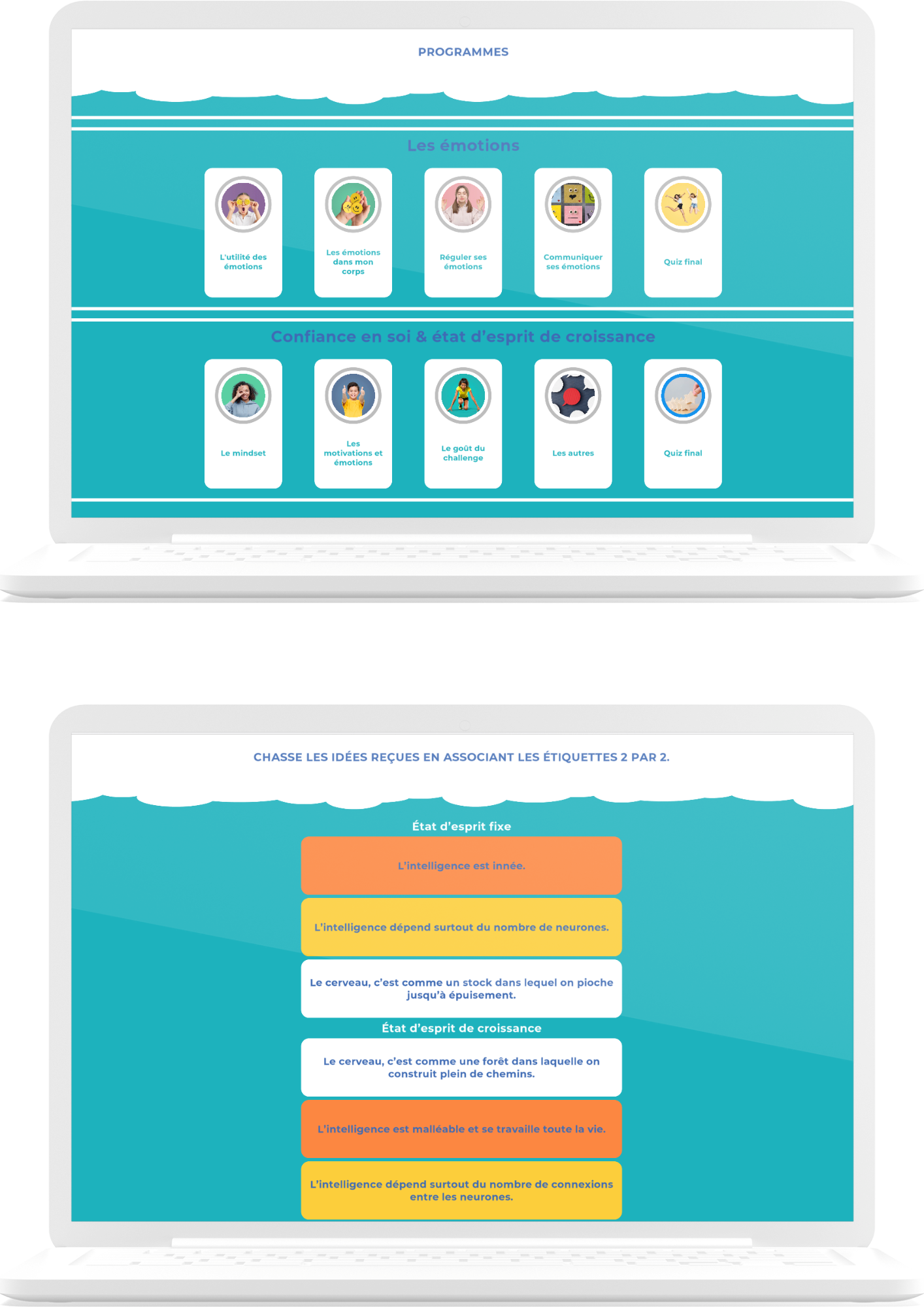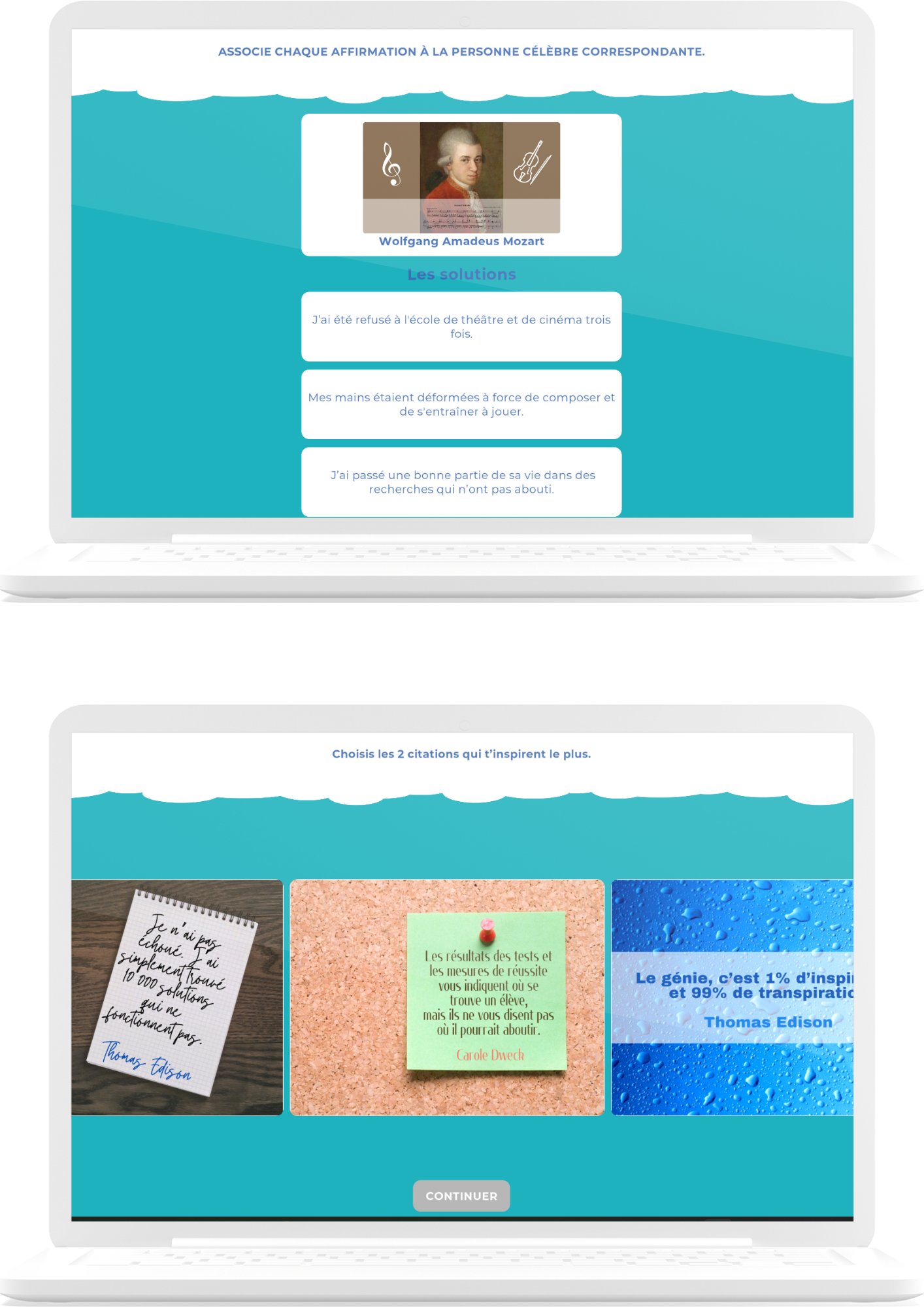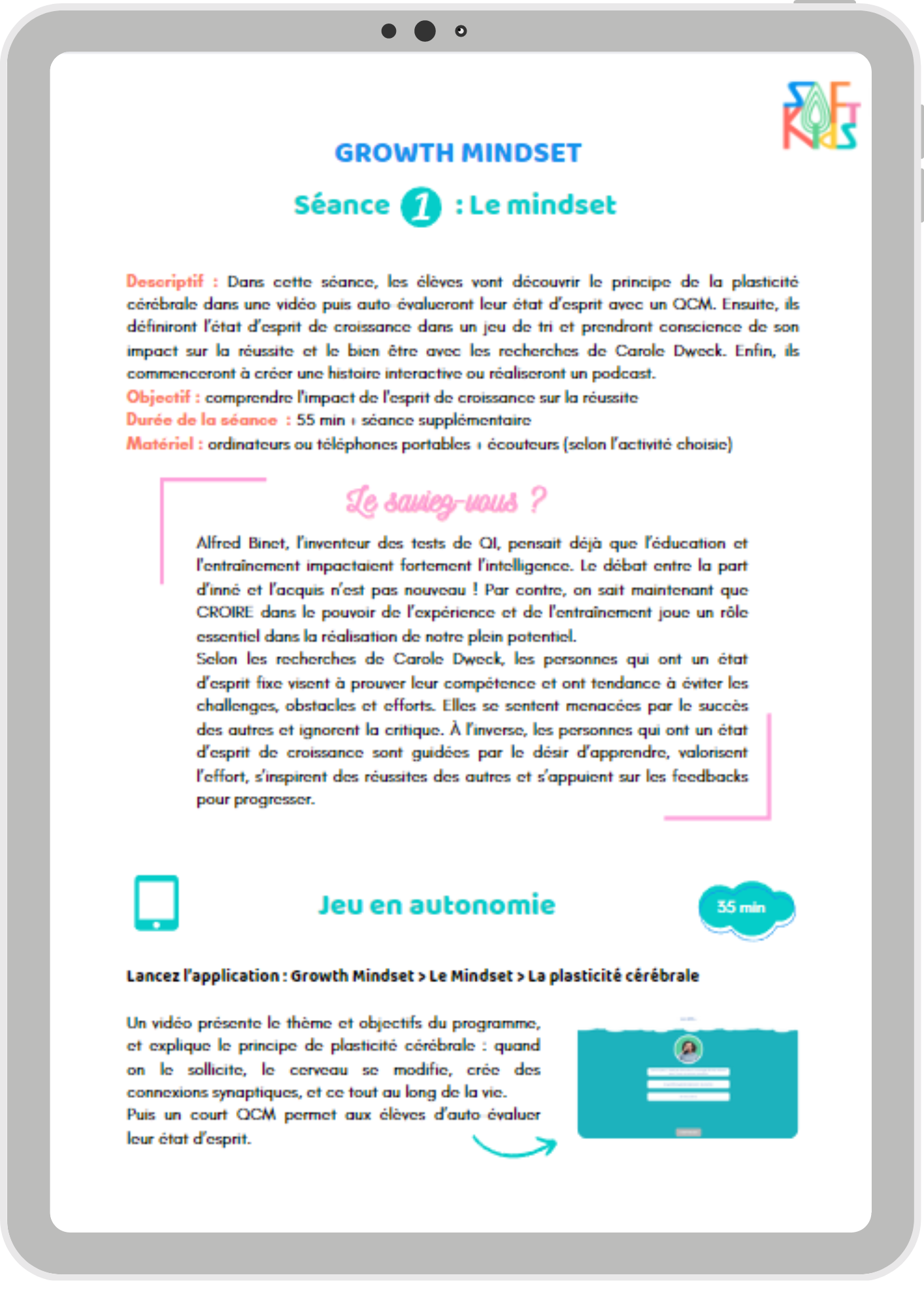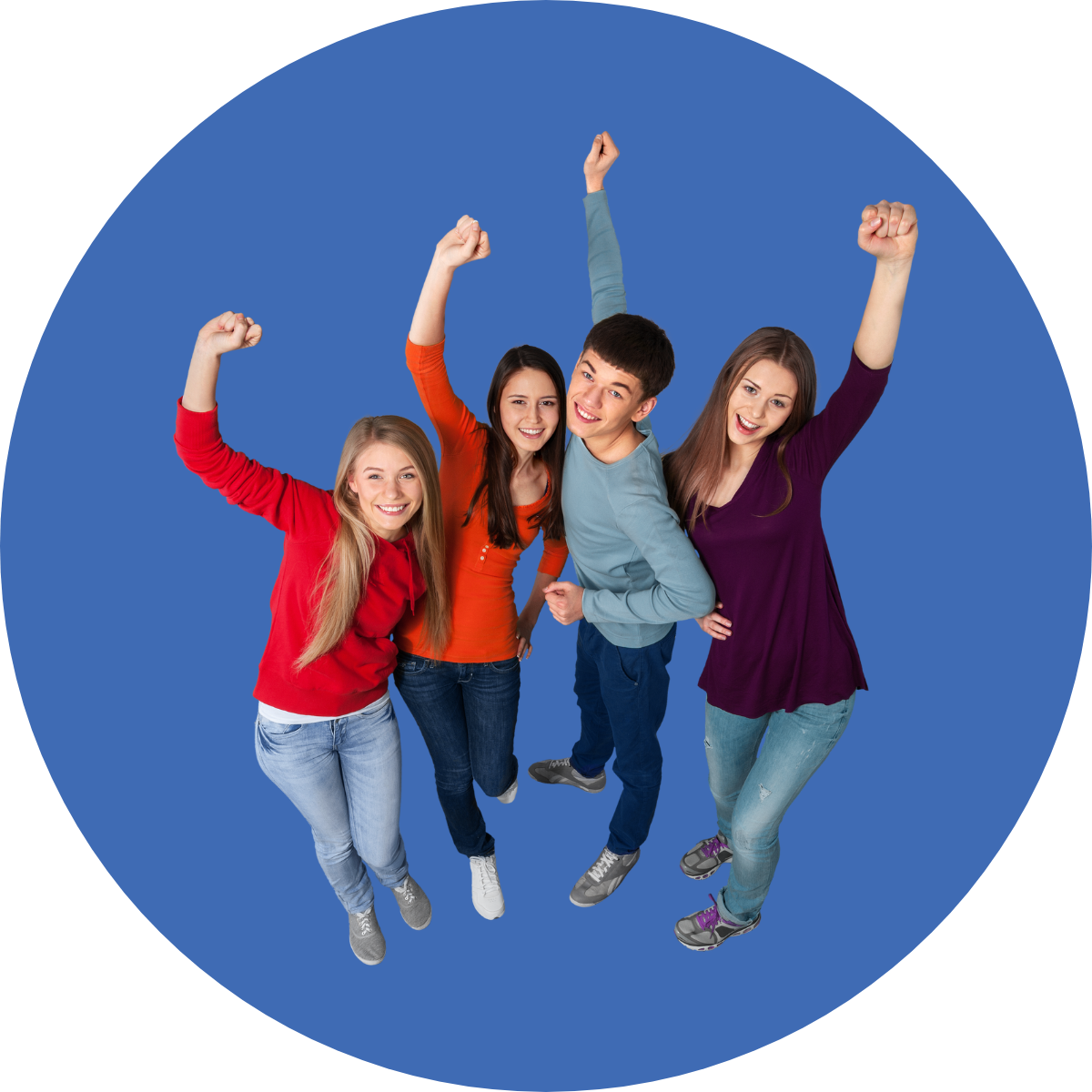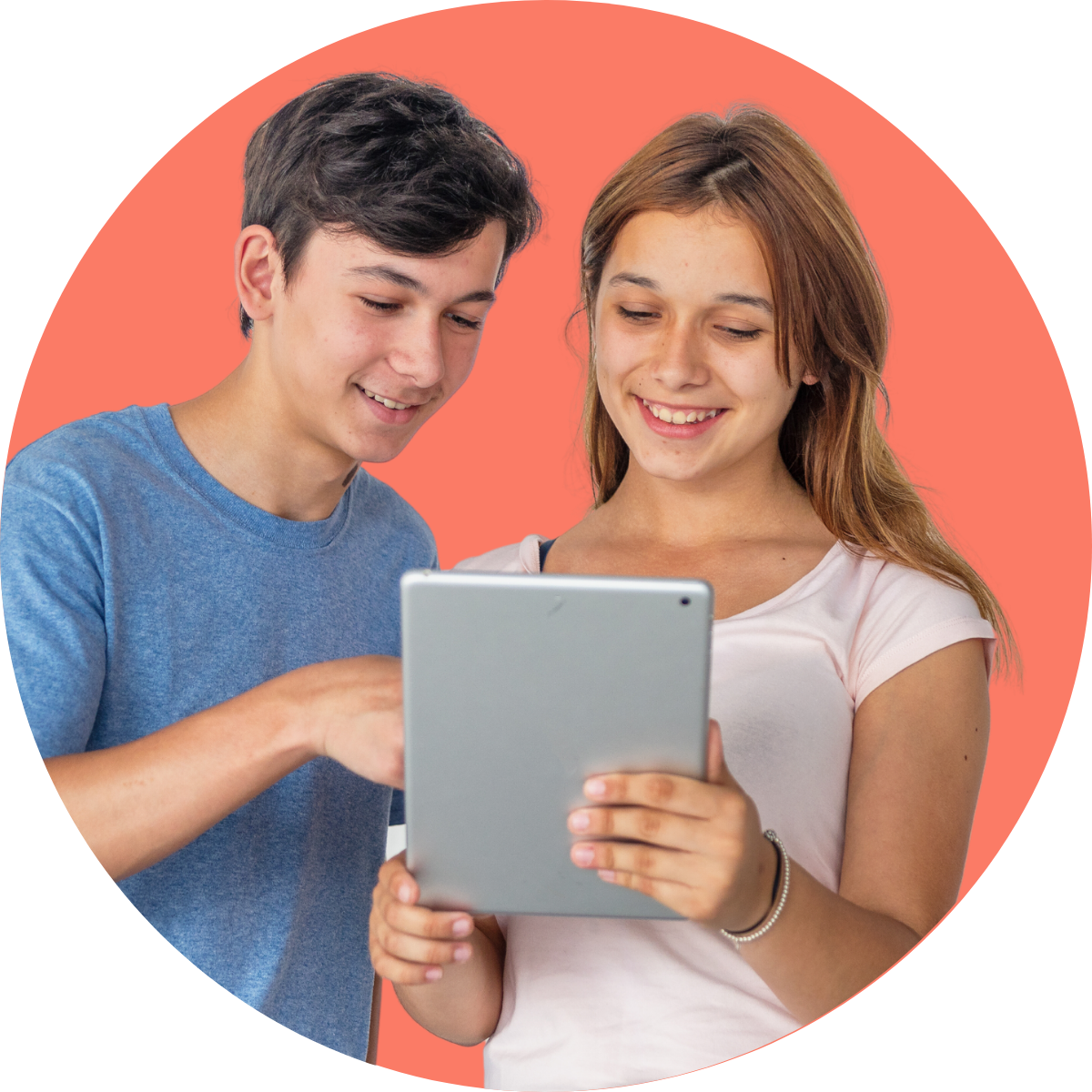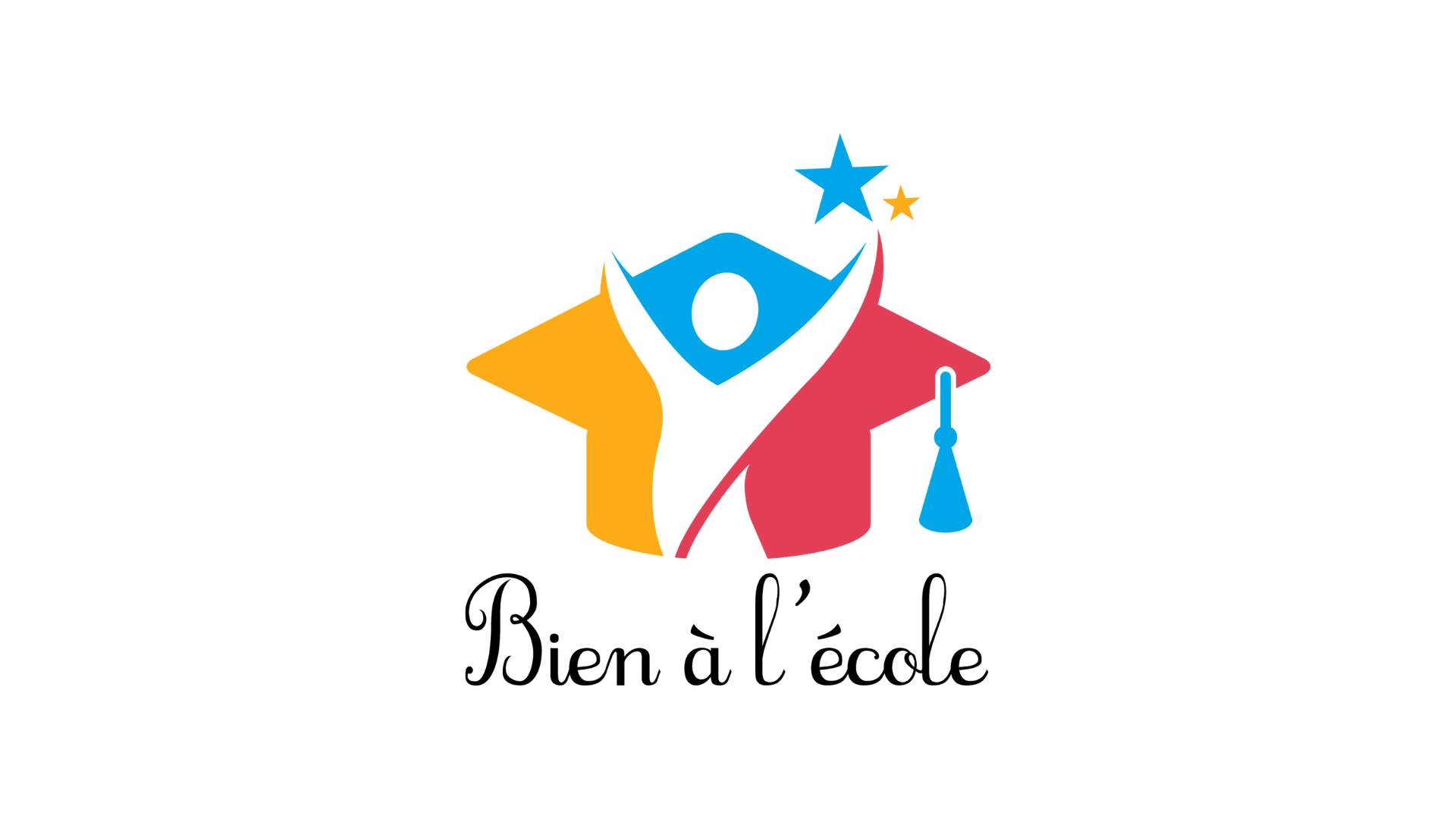GROWTH MINDSET PROGRAM CYCLE 4
What the research says
Trusting in the power of experience and training plays an essential role in realizing our full potential. According to Carole Dweck's research, the main motivation of people with a fixed mindset is to prove their competence, and they tend to avoid challenges, obstacles and effort. They feel threatened by the success of others and ignore criticism. Conversely, people with a Growth Mindset are driven by the motivation to learn, valueeffort, draw inspiration from the successes of others and rely on feedback to progress.
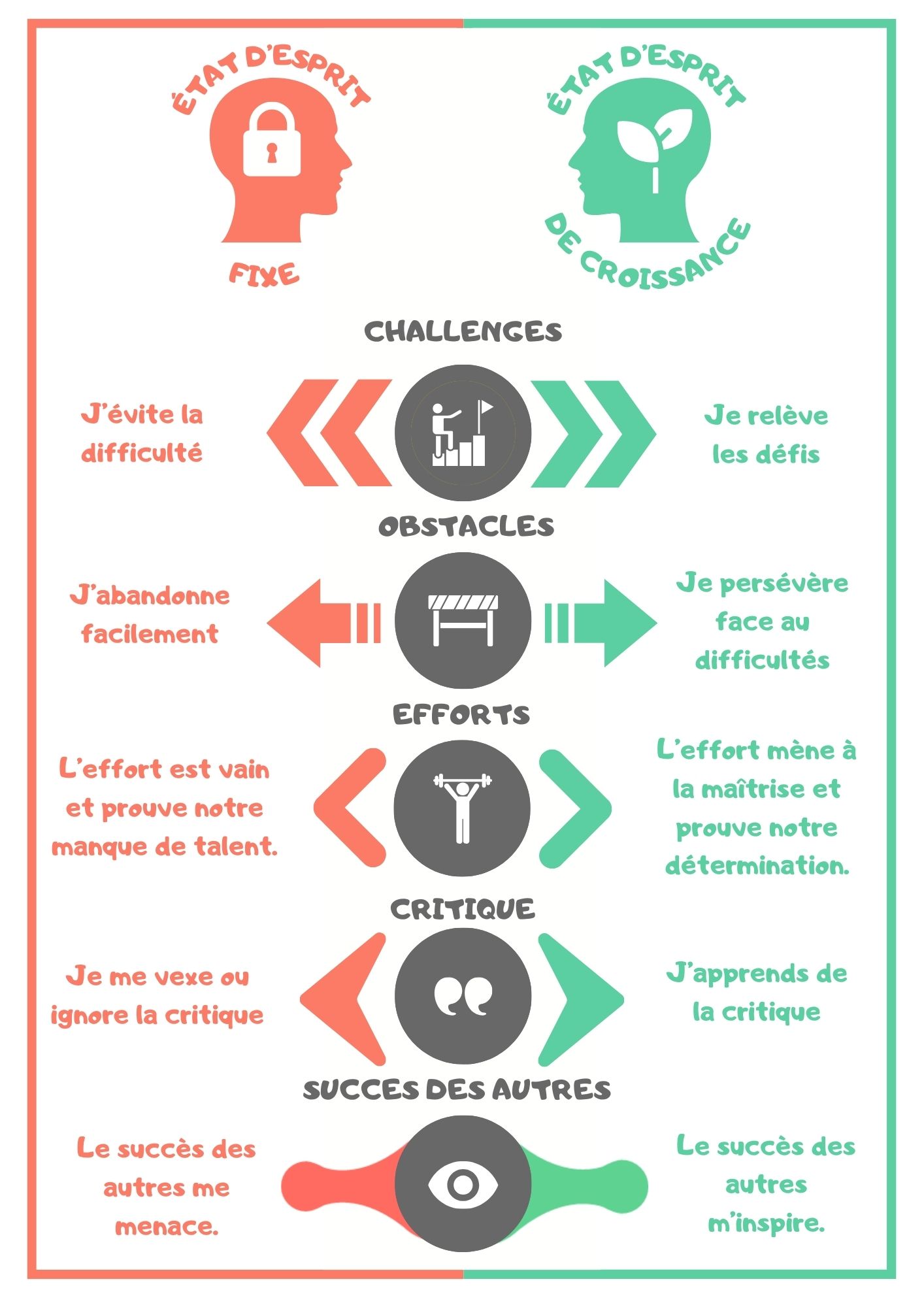
AND National Education programs?
Domain 3 of the Common Base of Knowledge, Skills and Culture stipulates that :
"[The student] uses his intellectual and physical faculties with confidence in his ability to succeed and progress."
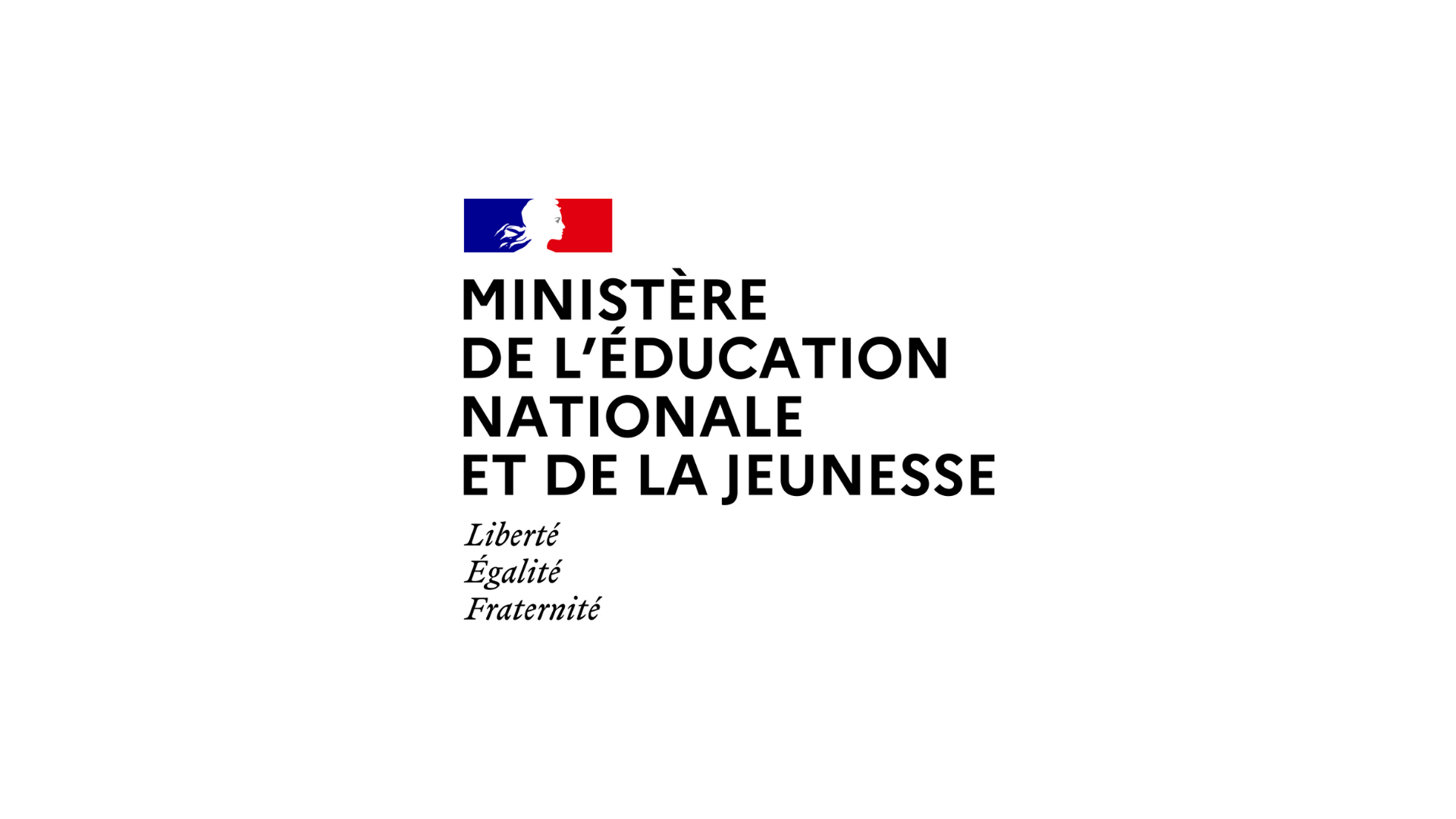

OUR program objectives "GROWTH MINDSET
- Understanding the principle of brain plasticity and the impact of mindset
- Regulate your motivations and emotions
- Develop a taste for challenge
- Welcoming criticism as a lever for progress
The program in detail
Over the course of the sessions, students will discover the different dimensions of a growth mindset, as opposed to a fixed mindset. They will reinvest what they have learned in the creation of interactive stories, an activity that runs throughout the sequence.
Session 1:
This first session aims to discover the principle of brain plasticity, define the growth mindset and become aware of its impact on success and well-being, with the help of Carole Dweck's research.
Session 2:
Students will classify different motivations according to their effectiveness. Then, mini-videos will show them different points of view, more or less deterministic / voluntarist, when faced with the same situation, and the impact on the emotions generated. Finally, they'll learn how to turn shortcomings into qualities.
Session 3:
Willpower is a better predictor of success than IQ: that's the key message of this session. Through a game of drag & drop on celebrities, as well as quotes inspiring the growth mindset, students will learn to value effort and consider mistakes as inherent to the learning process.
Session 4:
Students will reflect on the impact of others on themselves when in a fixed or growth mindset. First, mini-videos present situations comparing the different possible reactions. Students will then discover the experience of the Rey figure and understand that stereotypes and perceived identity have a powerful impact on success.
Session 5:
This final session is designed to take stock of their learning and summarize it in a written trace to be completed.
Session 6:
To bring the critical thinking program to a close, the class takes stock of what they've learned in the IME and completes a gap-fill text.
Our edutainment approach
Our approach combines independent games on tablet/computer and classroom activities.
Why use digital technology to work on CPS?
A variety of games enable students to reflect on themselves and discover best practices in concrete, everyday situations.
Ergonomics and easy-to-understand instructions encourage intuitive use by students: sorting games, drag & drop, MCQs, mazes, sophrology, etc.
Then a class activity is proposed. This could be, for example :
> a collective exchange or debate to develop opinions
> a role-playing game to put into practice what has been learned
> a small-group activity to consolidate what has been learned and learn to collaborate
> an artistic activity to develop creativity
> an activity to formalize what has been learned, such as application exercises or the creation of a written record.
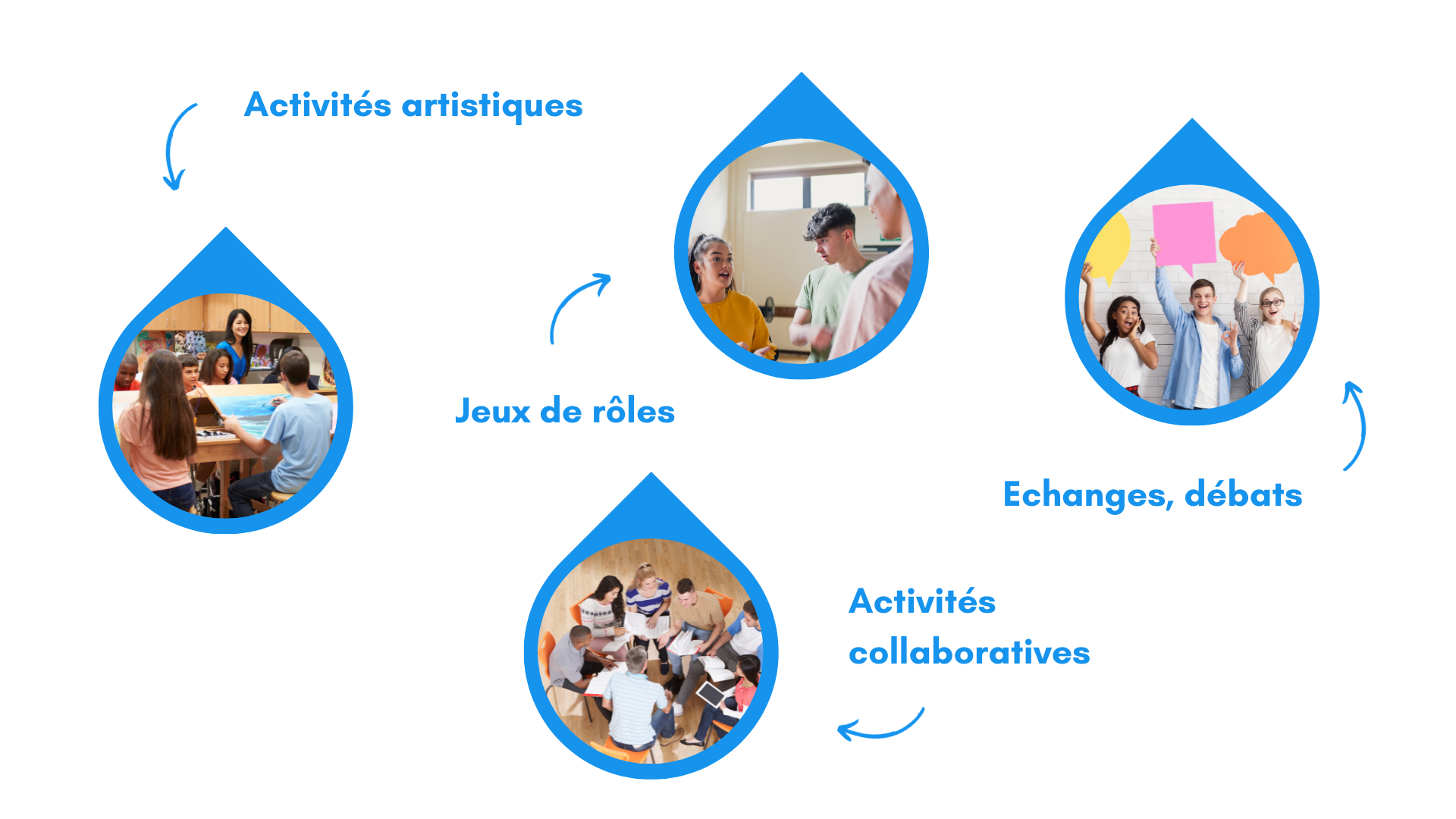
A turnkey tool
In your teacher interface, you will have access to all the resources you need to implement the session:
- student tracking charts
- step-by-step teaching guides for easy-to-use sessions
- student materials to be projected or photocopied
- a proposed yearly progression and references to official programs
- instructions for use
To sum up:
The GROWTH MINDSET program helps develop the motivation and constructive mindset needed to learn well. It will help your students to feel better about themselves, and to believe in their ability to keep progressing.

